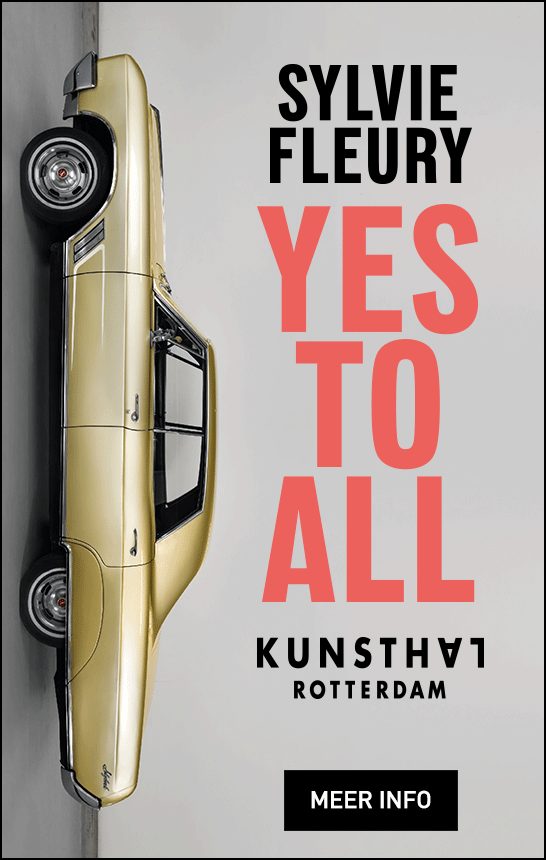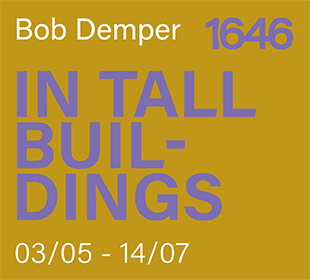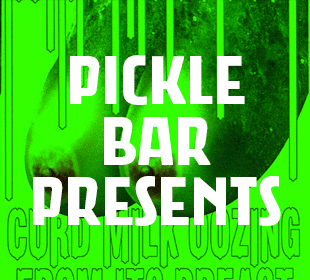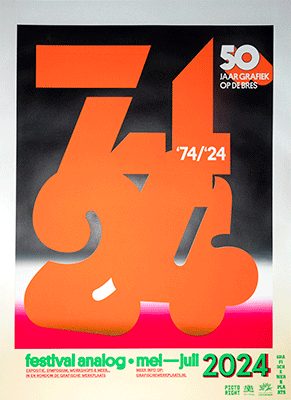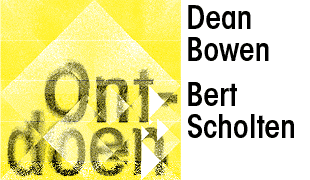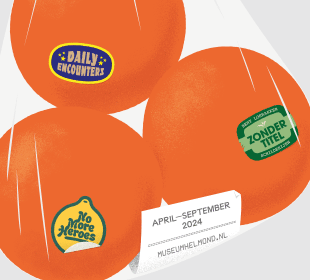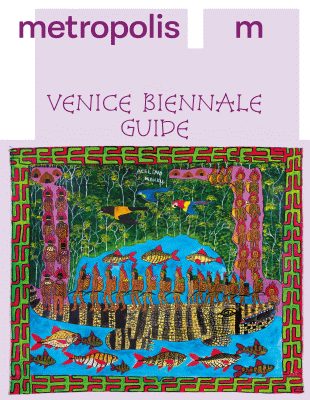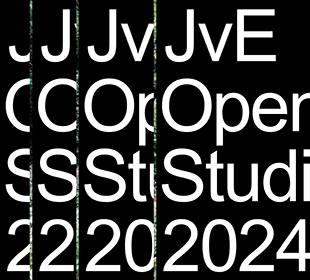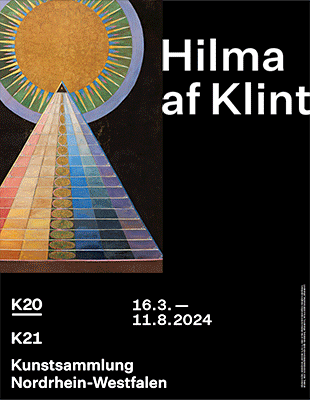Brief aan
Dear Eurasia,
Greetings from the New World! It has taken me a little while to write to you – I suppose I waited until I was able to confess in all honesty that, indeed, dear Eurasia, I miss you. I have of course tried to make sense of this somewhat belated realization, and have been meaning to figure out what exactly it is that I miss about you, or what it is that I miss the most. Bread? Well, that’s one thing – along with butter. Beer? Undoubtedly, although we do manage to stock up on Radeberger every now and then. Beauty? Yes, many different types of beauty, yet none of them very spectacular.
No – it is oldness that I miss the most, Eurasia, your oldness. Different types of oldness, such as the oldness of your stones, and that of your meandering streets and organically grown city centres, so much more clearly visible from space every time I fly across your jam-packed expanse. The oldness of your images, and the natural profusion of these images in particular. All this oldness I miss, dear Eurasia – and my (frankly, quite irrational) attachment to it may have some connection with a steadily growing sense I have that art, too, is such an ancient thing, another type of oldness, unmistakably part of Eurasia’s irreversible aging; something that two centuries ago your tireless secretary Hegel (though for very different reasons) already considered to be ‘a thing of the past’.
Indeed, I’m not so sure whether what is called art here in my new home in the New World is really art – that is to say, I’m not so sure whether the New World is old enough for art, or whether the old lady, in turn, can really make it in the New World. (I’m in the process of finding out – I’ll keep you posted, as they say.) You haven’t made many emphatic appearances in art yourself, dear Eurasia, at least not in the last half-century or so, and when you did it was as a seven-letter word on one of Joseph Beuys’ famous blackboards (the one with the leaping hare, remember?) – and hasn’t our good buddy Beuys for the longest time been seen as the embodiment of everything the New World objects to in the art of the Old? (Not fully comprehending the fact, perhaps, that art is old.) So what I miss, in short, may simply and plainly be this: art. Oh Eurasia.
Just a little while ago I read a little something about Eurasia. This compelled me to reconsider some of my thoughts concerning the terrifying nothingness that lies dormant midway between the North Sea and the northern Pacific Ocean – your Beuysian heart of darkness, so to speak. In 1904, the British geographer and founding father of geopolitical strategic thinking, Halford J. Mackinder, published a well-known paper titled ‘The Geographical Pivot of History’, in which he expounded his influential ‘heartland’ or ‘pivot area’ theory, effectively singling out the deserted steppes at the heart of the Eurasian landmass, extending roughly from the Volga to the mountains of East Siberia, and from the Arctic Ocean to the Himalayas, as the pivot around which much of world history inevitably turns. It is here, apparently, that the fates of great world empires are decided. Robert Kaplan, in his recent The Revenge of Geography, recapitulates the logic of Mackinder’s argument: ‘In Mackinder’s view the key to the Heartland was Eastern Europe and he summarized his thought with an oft-quoted dictum: “who rules East Europe commands the Heartland; who rules the Heartland commands the World-Island; who rules the World-Island commands the world.’”
Though this is not necessarily the Eurasia I know so well (or at least miss so dearly), I am not surprised to read this characterization in a recent article in The New York Review of Books, to which I have become a devoted subscriber since swapping the Old World for the New. Clearly, Eurasia, your venerable oldness continues to inspire fear in the minds of the new, in the midst of this citadel of newness, and this, I must admit, fills me with a certain primitive pride. Art must have something to do with it for sure – I mean, both with this fear and this pride – because it truly is one of the greatest ideas you ever had, perhaps the one idea that sets Eurasia apart from all other geographical fantasies in the whole wide world. Yes. To your wisdom and your age, then, Eurasia, I owe thanks – a thing of the past it may be perhaps, but one that keeps me afloat nonetheless.
Dieter Roelstraete
Dieter Roelstraete

